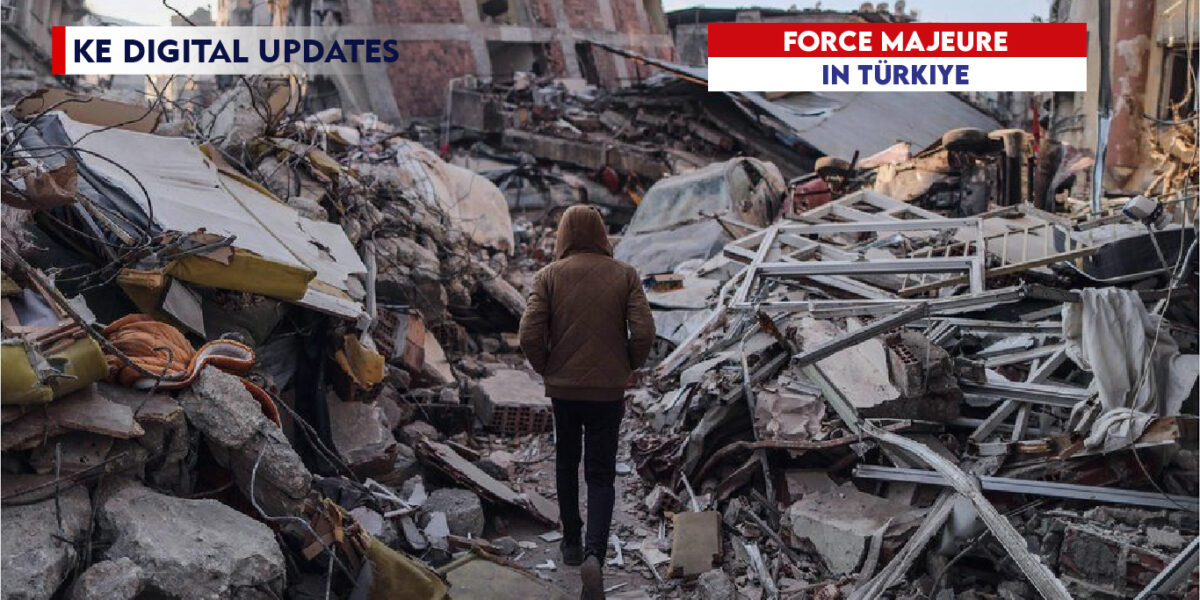The earthquake of February 6, 2023, became a cause of loss to human lives and assets in Türkiye. The metal industry is also affected by the disaster. Iskenderun in southern Türkiye is a place of well-known steel producers, contributing 25-30% of total steel production in the country. A state of emergency imposed on south Türkiye caused a declaration of force majeure by Bastug Metalurji.
Few other plants had declared the force majeure after approving the presidential decree of a state of emergency. They have no choice due to loss of infrastructure and lack of workforce because facing problems in shipping or unloading the goods.
Bastug Metalurji announced that contracts signed or under process are subject to force majeure. Hence the supplier’s responsibilities are suspended or extended and will not be sued due to delays in deliveries. Suppliers have to inform the shipowners after the declaration of force majeure condition. Buyers will not pay demurrage due to emergency conditions; they cannot discharge the vessels. Shipowners will need insurance to fulfill their expenses to keep their ships in the sea more than the limit.
Eleven bulk cargoes are seaborne, and the destination is Iskenderun port. Five shipments are of European origin, four are UK based, one USA based, and one is of Baltic heritage. Türkiye is the trendsetter of trade in scrap metal and purchases at low prices. So, less possibility of redirecting goods to other buyers.
Veysel Yayan, CEO of the Turkish Steel Association (TCUD), stated that 12 facilities in Osmaniye and Iskenderun produced 1/3 of the steel industry in Turkiye, and these will remain closed till the end of February or the mid of March 2023. The estimated loss to the country due to an earthquake is $84 billion, which is 10% of the Gross Domestic Product.
The effects of the earthquake will expand to the steel industries of other regions as the Asian scrap buyers follow the Türkiye.


